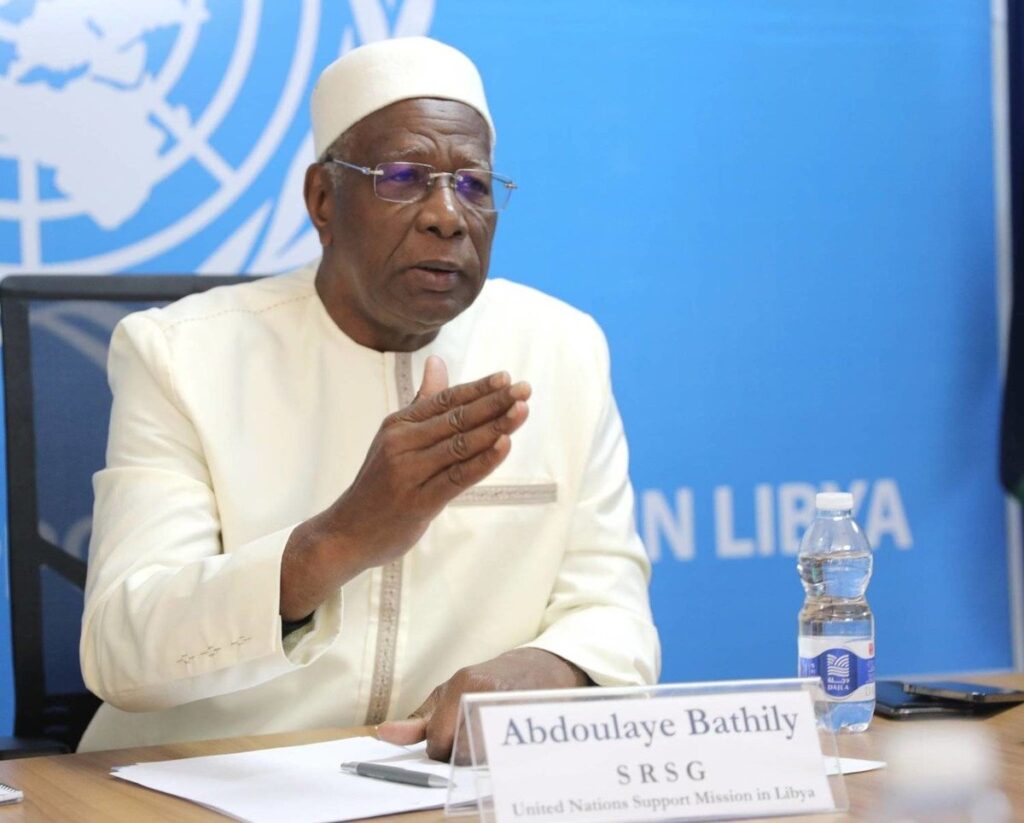“One group of unwilling officials clinging to their seats must not be allowed to fail the people of Libya and put the region at the risk of further chaos,” Abdoulaye Bathily, UN Special Representative for Libya, told ambassadors on the Security Council on Monday.
Nevertheless, Bathily, who also heads the UN Support Mission in the country (UNSMIL), told Council members that for the first time since elections were aborted in December 2021, Libya has a constitutional and legal framework for elections in place.
And, the framework is “considered technically implementable” by the High National electoral Commission.
“We need to build on this important achievement,” he said, noting that he had invited the leaders of the five institutions – the Presidential Council, House of Representatives, High Council of State, the Government of National Unity and the Libyan National Army, to a meeting.
“I am pleased to report that none of the institutional players outrightly rejected my invitation,” Bathily added, explaining that some set out conditions for their participation.
While the Presidential Council showed “clear and concrete support” and the High Council of State submitted names of its representatives at a preparatory meeting, the Speaker of the House of Representatives rejected the participation of Government of National Unity and called for the formation of a “new government for elections”.
The Prime Minister of the Government of National Unity also submitted names for the meeting, but categorically rejected any discussions of a “new government”.
The General Commander of the Libyan National Army, Field Marshal Khalifa Haftar, is ready for dialogue, but has laid down the condition that the HoR-appointed Government takes part, Bathily said, “alternatively, he would accept to participate if both ‘governments’ were excluded.”
Bathily also informed Council members that sporadic armed clashes and other security incidents continue to be recorded in each of the regions, while a ceasefire nonetheless holds.
He also voiced concerns over ongoing restriction of civic space and arbitrary detentions.
Over the last nine months, security actors arbitrarily detained at least 60 individuals, including children, for their actual or perceived political affiliation, he said, noting that the real number may be much higher.
“This not only infringes their fundamental rights but also erodes the rule of law in Libya and further reduces public trust in the justice system and political process,” Mr. Bathily said.
“I reiterate that a thriving civic space where Libyans engage through dialogue, dissent, and mutual understanding is critical for the political process,” he added.
